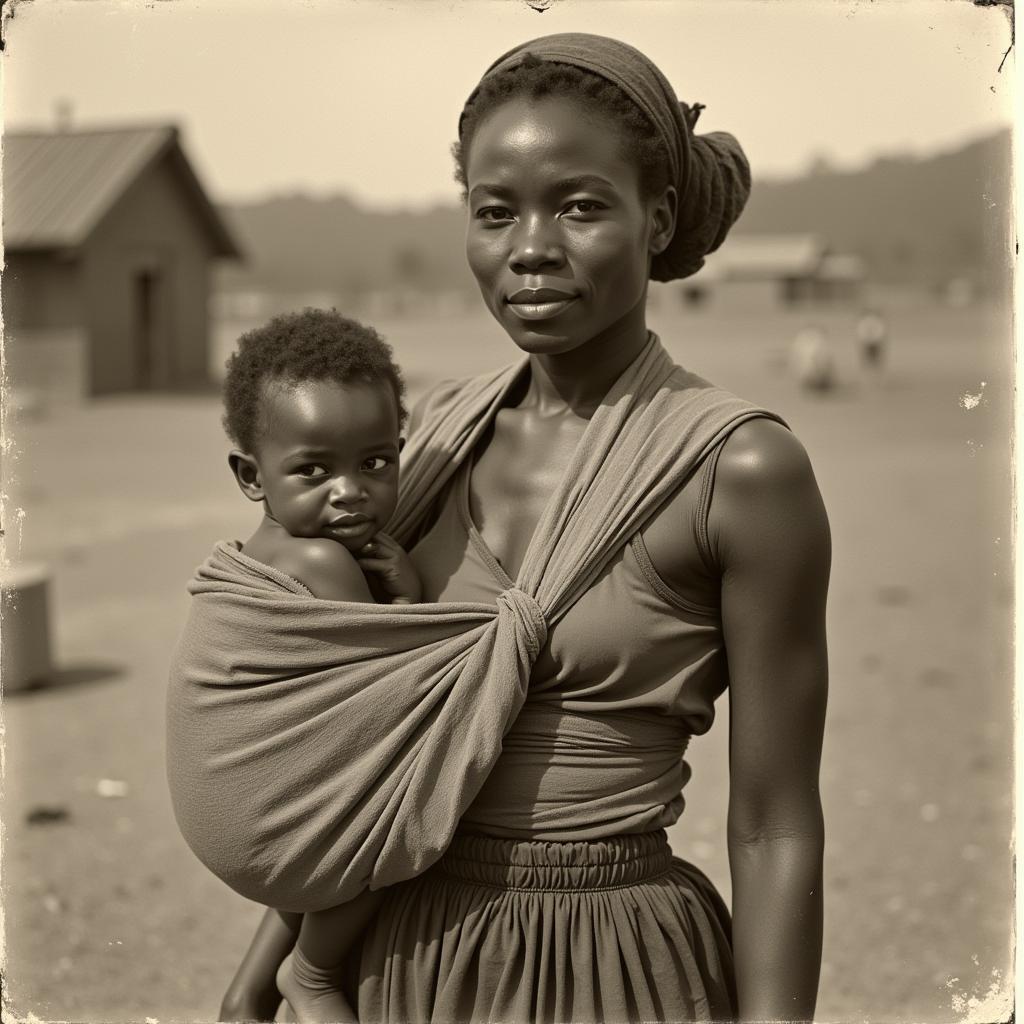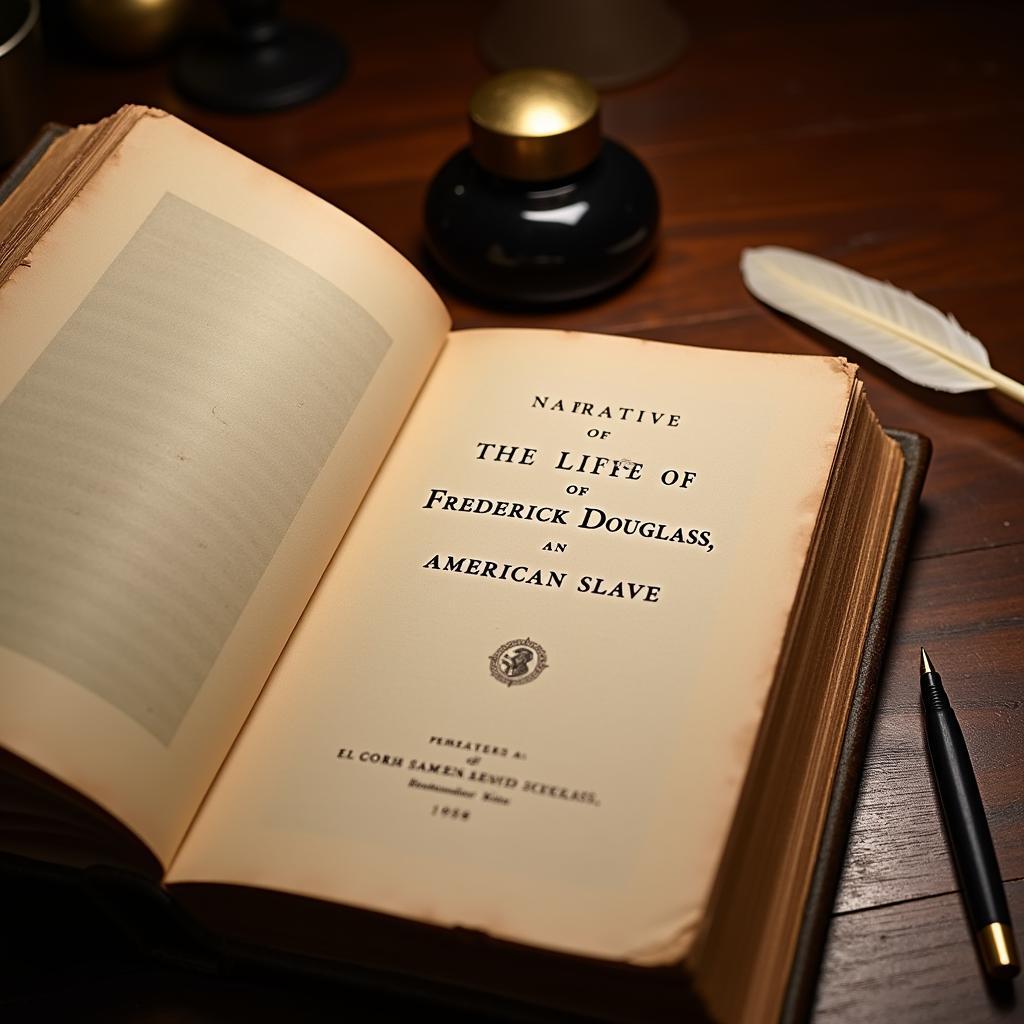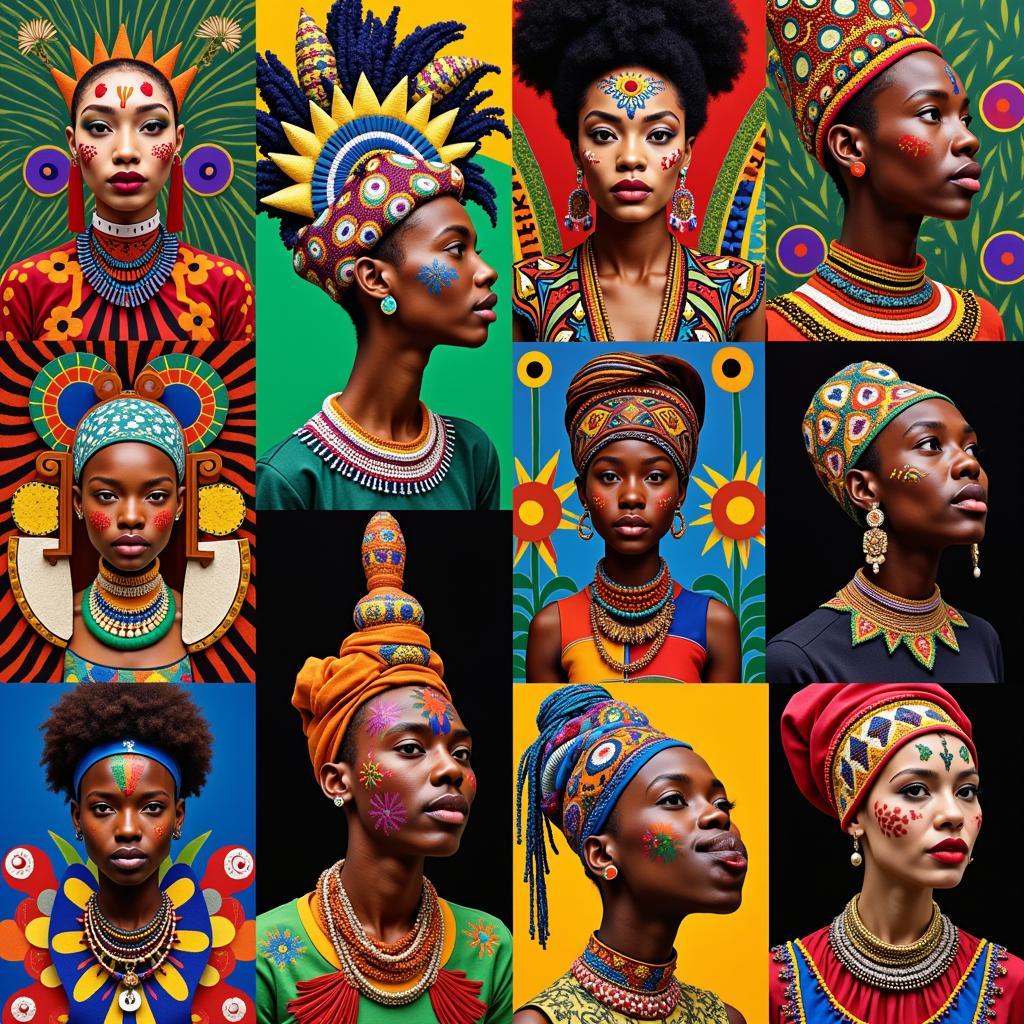Exploring the Comfort and Culture of African Baby Slings & Wraps
African baby slings and wraps are more than just baby carriers; they represent a deep-rooted tradition of nurturing and connection across the African continent. They offer a practical way to keep babies close while allowing caregivers to continue their daily tasks. african baby wraps slings offer a fascinating glimpse into the diverse cultures and ingenious practices of child-rearing across Africa.
The History and Significance of African Baby Slings
For centuries, African baby slings and wraps have been an integral part of daily life. These versatile carriers, crafted from various materials like vibrant kente cloth, sturdy cotton, or soft animal hides, serve a dual purpose: securing the baby close to the caregiver and allowing for hands-free movement. This practicality is essential in societies where women often play a vital role in agriculture, trade, and household management. The close physical contact fostered by the sling also promotes a deep bond between mother and child, fostering a sense of security and belonging.
 African Woman Using a Traditional Baby Sling
African Woman Using a Traditional Baby Sling
Diverse Styles and Regional Variations of African Baby Slings and Wraps
From the intricate patterns of the Kanga in East Africa to the colorful woven slings of West Africa, each region boasts unique styles and techniques. The african baby on back style is often preferred for older infants, allowing them to observe the world from a safe vantage point. Some slings are simple lengths of cloth tied skillfully around the body, while others are more elaborate, featuring decorative beading and embroidery. These variations reflect not only the diverse cultural aesthetics but also the availability of materials and the specific needs of each community.
Benefits of Using African Baby Slings & Wraps
Why choose an African baby sling wrap? These carriers offer numerous benefits for both baby and caregiver. The close contact regulates the baby’s temperature, promotes breastfeeding on demand, and helps soothe colic. For the caregiver, the sling allows for freedom of movement and the ability to engage in daily tasks. Furthermore, using an african baby wrap offers a unique way to connect with a rich cultural heritage.
What are the benefits for the baby?
- Improved sleep quality and reduced crying
- Enhanced bonding with the caregiver
- Physical development supported through proper positioning
- Regulation of body temperature and heart rate
How do slings benefit the caregiver?
- Hands-free mobility to perform daily tasks
- Increased bonding and interaction with the baby
- Convenient and discreet breastfeeding
Choosing the Right African Baby Sling or Wrap
When selecting an african khanga, consider the age and weight of your baby, as well as your own comfort and lifestyle. Different slings offer varying levels of support and adjustability. Look for durable, breathable fabrics that are easy to clean. It’s also important to learn the proper tying techniques to ensure the safety and comfort of your baby.
“Choosing a baby sling is like selecting a piece of art that also functions as a comforting embrace,” says renowned anthropologist Dr. Abeni Oladele. “It’s a powerful symbol of connection between generations.”
Caring for your African Baby Sling & Wrap
Most African baby slings are easy to care for and can be machine washed. Always check the care instructions specific to your sling’s material. Proper care will ensure the longevity of your sling and maintain its vibrant colors and patterns.
Aisha Nkosi, a traditional weaver from Kenya, adds, “A well-cared-for sling can be passed down through generations, becoming a cherished family heirloom.”
Conclusion
African baby slings and wraps offer a beautiful blend of practicality, cultural heritage, and loving connection. They represent a time-honored tradition of nurturing and caring for infants while empowering caregivers to navigate their daily lives. Choosing an african baby carrier is an investment in both the well-being of your baby and a connection to the rich tapestry of African cultures.
FAQ
- Are African baby slings safe? Yes, when used correctly.
- How do I choose the right size sling? Consider your baby’s age and weight.
- Can I breastfeed in a sling? Yes, many slings are designed for discreet breastfeeding.
- What are African baby slings made of? Various materials like cotton, kente cloth, and animal hide.
- Where can I buy an authentic African baby sling? Look for reputable online sellers or visit African markets.
- How do I clean my African baby sling? Most are machine washable, but always check the care label.
- What is the cultural significance of African baby slings? They represent a deep-rooted tradition of nurturing and connection.
When you need support, contact us at Phone Number: +255768904061, Email: kaka.mag@gmail.com Or visit us at: Mbarali DC Mawindi, Kangaga, Tanzania. We have a 24/7 customer service team.


